Quality Education
Million Smiles Foundation (MSF) is a national-level non-governmental, non-profit, and non-political humanitarian aid organization. Our commitment extends beyond the present as we actively pursue a positive and sustainable impact on society. Our initiatives are cantered around providing inclusive and quality education, complemented by various educational outreach efforts aimed at benefiting the deprived population across Pakistan.
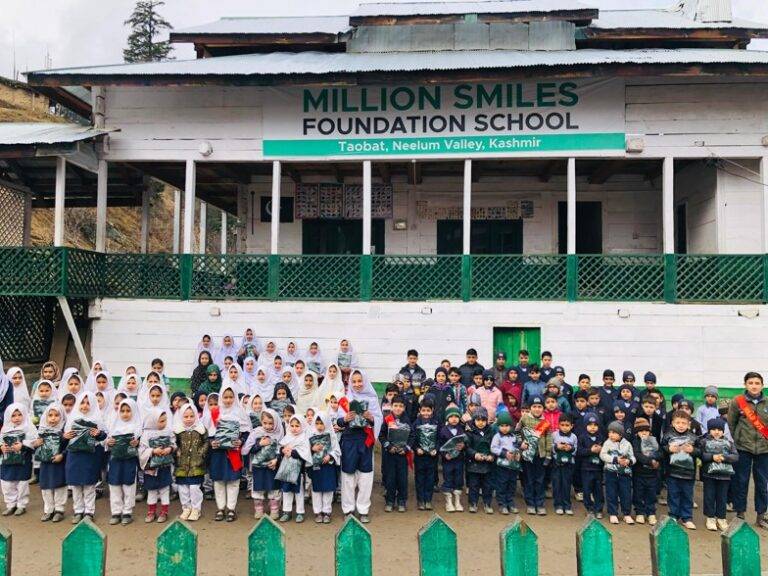
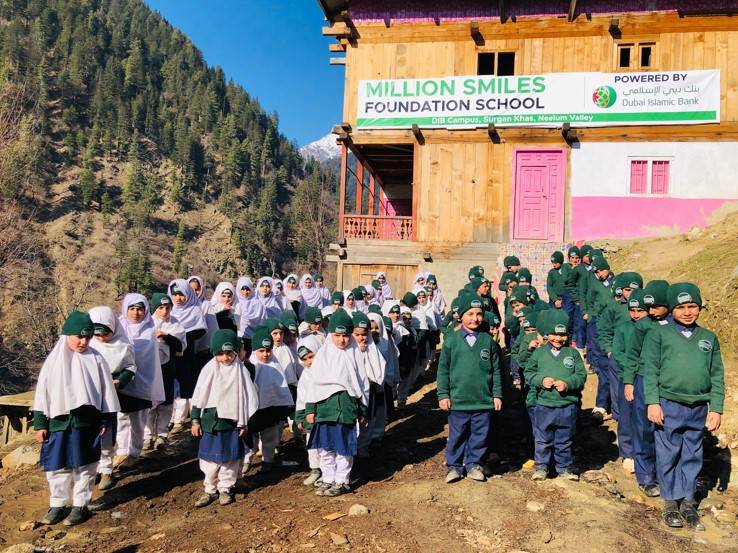
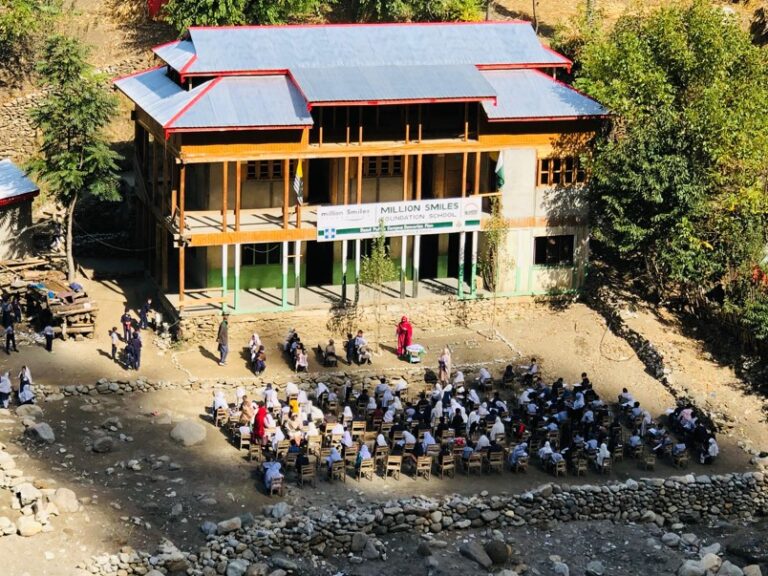
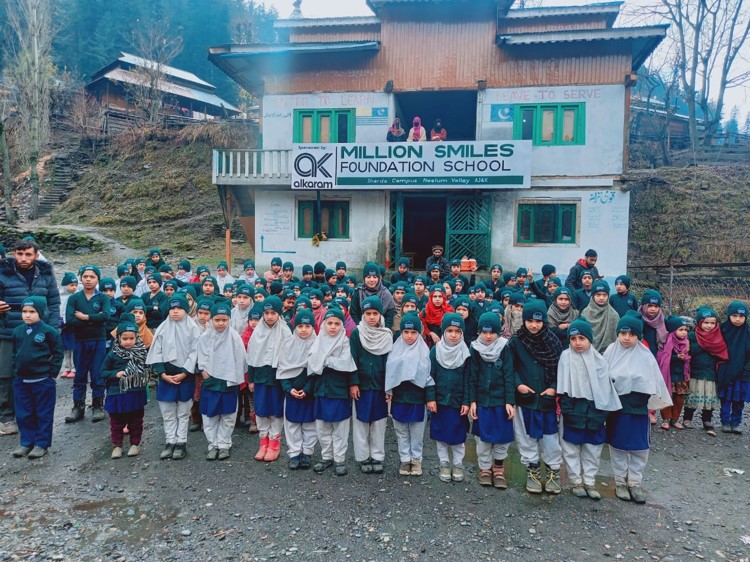
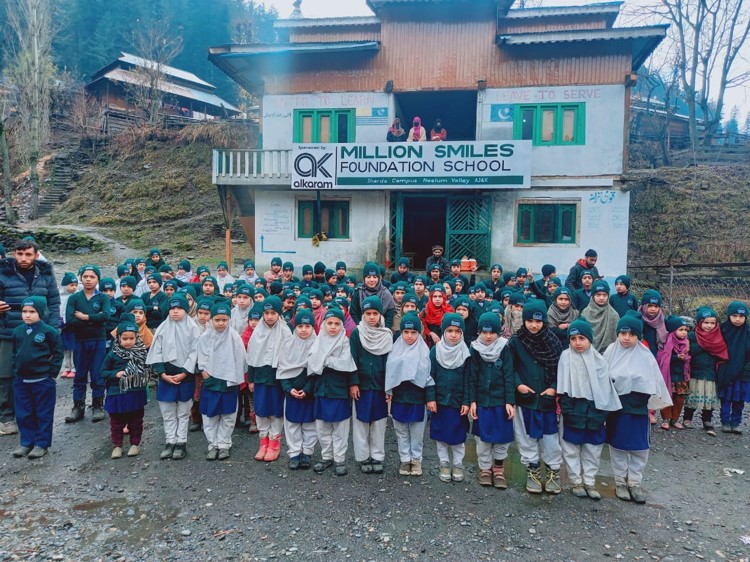
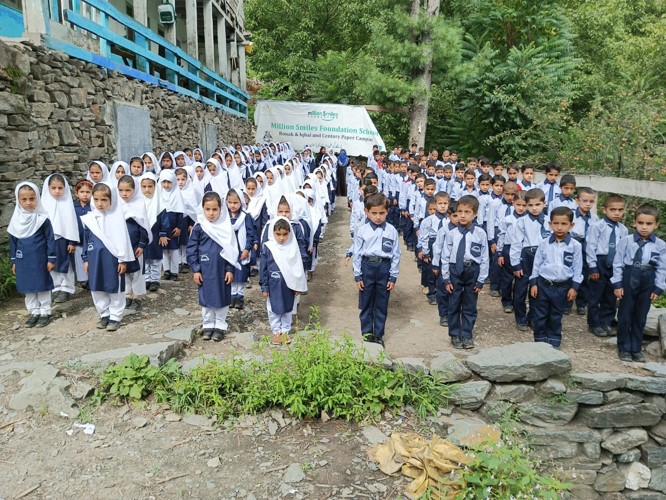
DISASTER MANAGEMENT
Disasters, whether natural or man made, have the potential to cause immense destruction and disrupt the lives of individuals and communities. In times of crisis, it is essential to have effective disaster management strategies and organizations that can provide immediate relief, support, and long term recovery solutions.






Climate Action
Climate change is affecting every country on every continent. It is disrupting national economies and affecting lives. Weather patterns are changing, sea levels are rising, and weather events are becoming more extreme. The world is not on track to achieve Zero Hunger by 2030. If recent trends continue, the number of people affected by hunger would surpass 840 million by 2030. In 2019, 6.9 per cent (or 47 million) children under 5 were affected by wasting, or acute undernutrition, a condition caused by limited nutrient intake and infection.





Clean Water & Sanitation
Clean water and sanitation ensures availability and sustainable management of water and sanitation for all by 2030. It focuses on improving water quality, reducing pollution, eliminating open defecation, achieving equitable access to safe drinking water, sanitation and hygiene for households, schools and health facilities, managing freshwater ecosystems and supporting community participation in improving water and sanitation management. The goal is to reduce mortality and impact of water-borne diseases.





Good health and well-being
Good health and well-being aims to ensure healthy lives and promote well-being for people of all ages by 2030. It focuses on achieving universal health coverage including access to quality essential healthcare services and safe, effective medicines and vaccines. It also involves addressing determinants of health through health education, preventive measures, treatment of substance abuse, safer roads and workplaces, family planning and reducing illnesses from contamination.





No poverty
No poverty aims to eradicate extreme poverty globally by 2030. It focuses on targeted interventions to uplift the poorest populations, increasing basic resources and services like healthcare, education, housing, safe water, sanitation and information to vulnerable groups. Building resilience, reducing inequalities in access and outcomes, implementing social protection systems, ensuring inclusive growth and promoting universal access to economic resources and 0financial services are key to ending poverty.





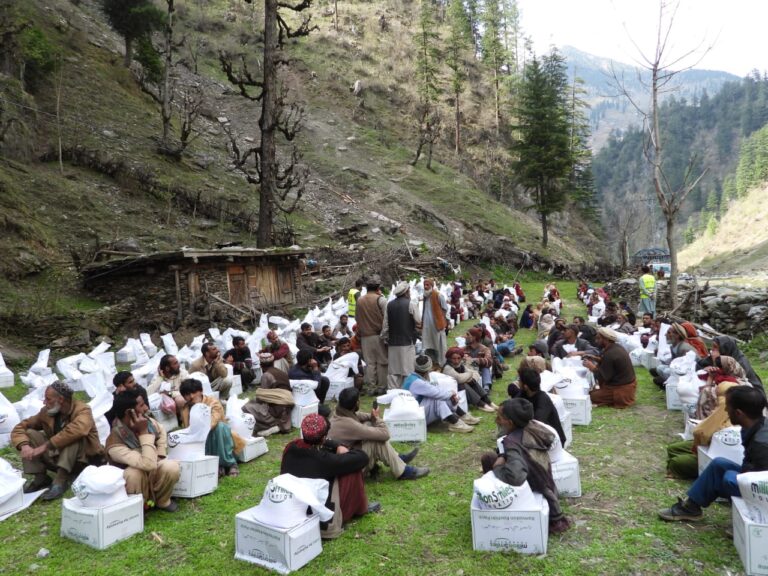
Zero Hunger
Zero hunger is a goal to end hunger, achieve food security and improved nutrition, and promote sustainable agriculture worldwide by 2030. It aims to ensure everyone has access to safe, nutritious and sufficient food all year round. This will require sustainable food production systems, resilient agricultural practices, equal access to land and resources, and investment in rural development.





